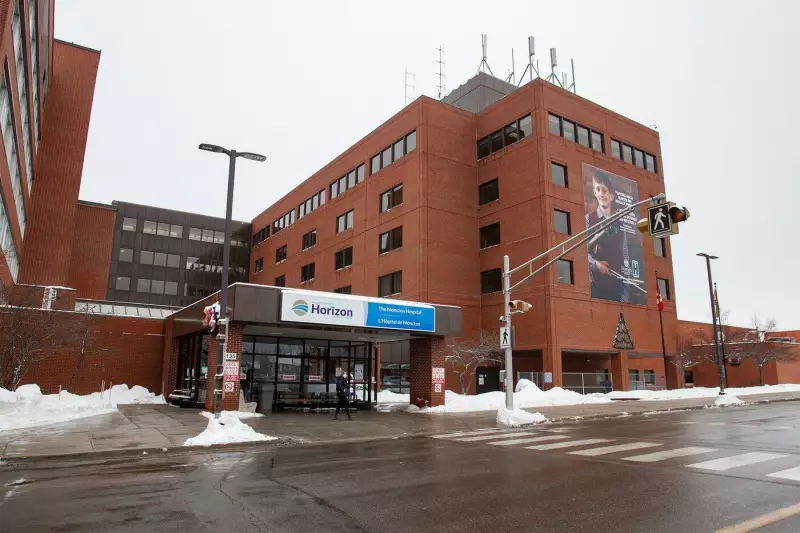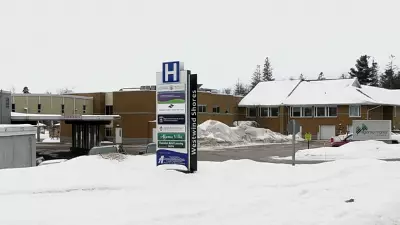
A New Brunswick hospital has been mandated to pay $5,000 in compensation to a patient after staff failed to communicate with him in French, marking a significant enforcement of the province's official bilingualism policies.
The case emerged from an incident where Michel Bastarache, a Francophone patient, sought medical attention at the hospital but encountered English-speaking staff who couldn't provide services in his preferred official language. This violation prompted a formal complaint to the province's Official Languages Commissioner.
Language Commissioner's Investigation Reveals Systemic Issues
Following a thorough investigation, Commissioner Shirley MacLean determined that the hospital failed in its obligation to provide active services in both official languages. The investigation uncovered that despite the patient's clear preference for French communication, medical staff proceeded with English-only interactions throughout his treatment.
"The evidence clearly shows the institution did not take the necessary measures to ensure active offer of service in both official languages," stated Commissioner MacLean in her ruling.
$5,000 Compensation Sets Precedent for Language Rights
The $5,000 compensation award represents one of the substantial penalties under New Brunswick's official languages legislation. Beyond the financial penalty, the hospital has been ordered to implement comprehensive changes to prevent future violations, including:
- Enhanced bilingual staff training programs
- Clear identification of French-speaking personnel
- Improved language preference documentation in patient records
- Regular compliance monitoring and reporting
Broader Implications for Healthcare Language Access
This case underscores the ongoing challenges in maintaining bilingual healthcare services across New Brunswick, Canada's only officially bilingual province. Language advocates have celebrated the decision as a victory for linguistic rights in critical healthcare settings.
"When patients cannot communicate effectively with healthcare providers, it creates serious safety risks and undermines the quality of care," explained a language rights advocate familiar with the case.
The ruling comes amid increased scrutiny of language rights enforcement in New Brunswick's public institutions, particularly in healthcare where clear communication can directly impact patient outcomes and safety.






